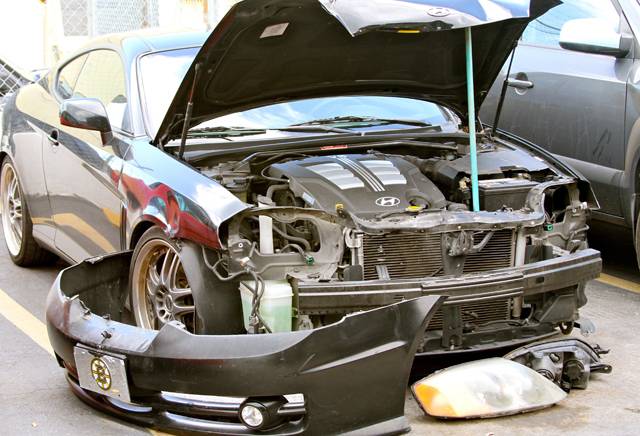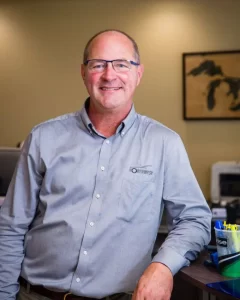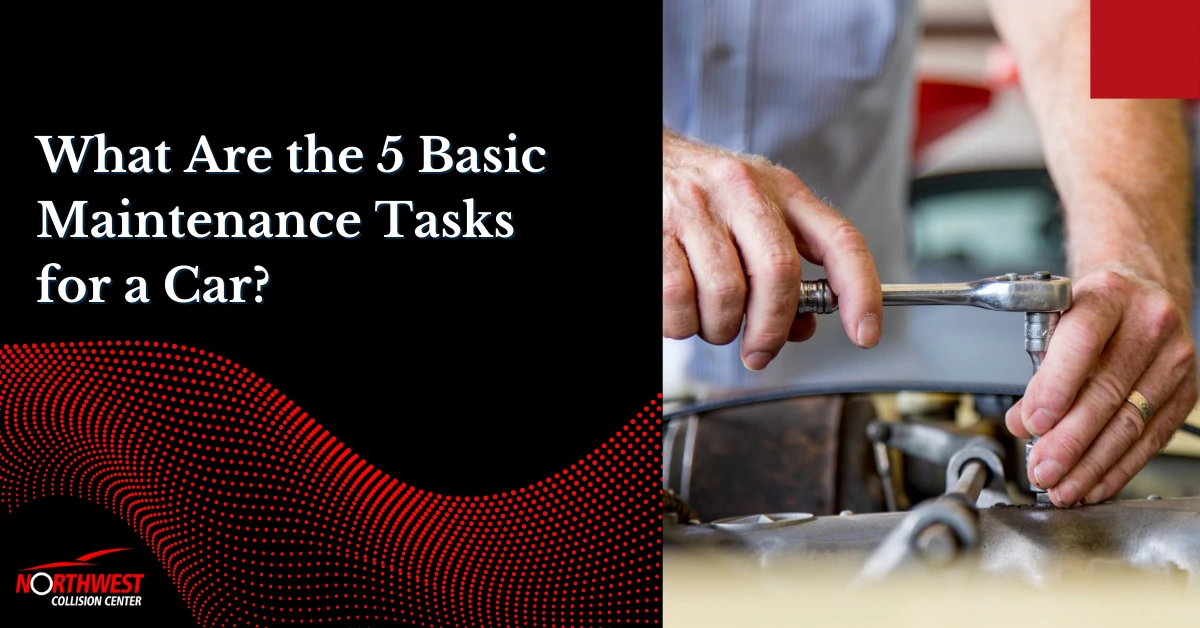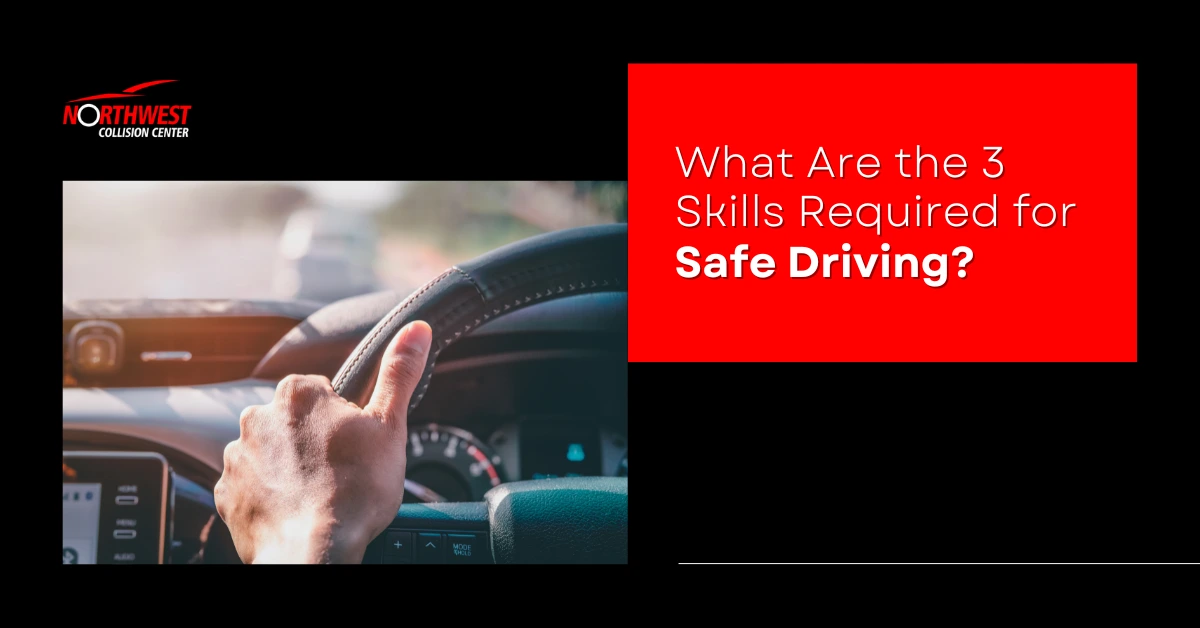Car accidents often happen when we least expect them. When you find yourself in a situation that requires you to visit an auto body repair center, it is always wise to check out these three things before committing to an auto body shop.
Are They Quoting You for Repair or Replacement?—When you visit an auto body repair center, you will be quoted for either one of two things: repair or replacement. Repairs involve fixing the components that are already in your car, whereas replacement consists of purchasing new parts to replace the damaged ones. The associated costs will differ, and each process has its advantages and disadvantages.
Do They Use Genuine or Aftermarket Parts?—The durability of the repair work performed on your vehicle will be determined largely by the quality of replacement parts that your auto body repair center uses. Aftermarket parts can allow you to save money, while genuine parts assure you of quality, durability, and performance, albeit at higher prices.
Are They Recognized by Your Insurance Company?—Insurance companies generally keep a register of trusted and accredited auto body repair centers with which they are affiliated. Finding out if the auto body repair center you choose is listed with your insurance provider will help you avoid headaches and make the process of repairing your car much smoother.
When you have done your due diligence and are sure that your auto body repair center meets your criteria and assures quality, you can then proceed to ask for a quotation. Even if an outlet meets all of your criteria, it is still advisable for you to obtain as many quotes as possible so that you can clearly determine the most cost-effective and professional options.
